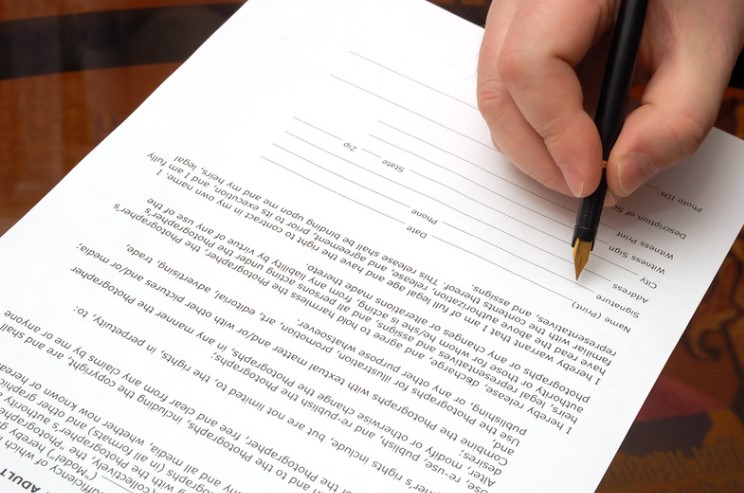One Party Consent States

Understanding One-Party Consent States and Their Implications
One-party consent laws govern the recording of conversations and vary significantly across states, shaping legal and ethical practices in both personal and professional settings. These laws are essential for individuals and businesses, especially when navigating legal disputes or sensitive issues like tenant-landlord conflicts. Understanding your state’s consent laws can help you avoid legal repercussions and ensure compliance.
What Does One-Party Consent Mean?
- Definition: In one-party consent states, it is legal to record a conversation if at least one participant, including the person recording, consents.
- Applications: These laws apply to both in-person and digital communications, including phone calls, video chats, and other electronic interactions.
- Legal Relevance: Recordings made in compliance with one-party consent laws are often admissible in court, making them valuable for disputes such as verbal agreements and harassment claims. Learn more about state-specific recording laws.
States That Follow One-Party Consent
- Texas: Recording is allowed without notifying the other party, often used as evidence in legal disputes. Learn more about Texas laws on the Texas Attorney General’s website.
- New York: Permits individuals to record conversations for legal or personal protection purposes without additional permissions.
- Broad Coverage: Most U.S. states adhere to one-party consent laws, providing flexibility in gathering legal evidence while raising potential ethical questions.
States Requiring All-Party Consent
- California: Requires explicit consent from all parties before recording conversations, with strict penalties for violations. Learn more about California’s privacy laws at the Office of the Attorney General.
- Pennsylvania: Similar to California, all parties must agree to recordings, even for personal disputes. Explore Pennsylvania’s legal requirements through the Pennsylvania Judicial System.
- Compliance Challenges: Recording without consent in these states can result in severe penalties, including criminal charges and civil liabilities.
Implications of One-Party Consent Laws
- Ethical Concerns: While legal, secretly recording conversations may erode trust and raise questions about privacy.
- Legal Evidence: Recordings compliant with one-party consent laws are often admissible in court, making them crucial in resolving disputes.
- Restrictions: Certain conversations, such as those protected by attorney-client privilege, remain off-limits for recording even in one-party consent states.
Penalties for Violating Consent Laws
- Fines and Imprisonment: Violations can lead to criminal charges ranging from misdemeanors to felonies, depending on the jurisdiction.
- Civil Liabilities: Victims of unauthorized recordings may sue for damages, adding financial consequences to legal penalties. Learn more from the National Conference of State Legislatures (NCSL).
- Avoiding Violations: Knowing and understanding your state’s specific laws is essential to avoid costly mistakes.
Practical Applications of Consent Laws
- Workplace Compliance: Employers in one-party consent states may legally record communications to enforce company policies, provided the recordings comply with local regulations.
- Legal Investigations: Individuals can gather evidence in disputes, such as workplace harassment or child custody cases, provided the recordings meet legal requirements.
- Personal Safety: Recording conversations can protect individuals in situations involving threats or harassment, providing critical evidence for legal proceedings.
Best Practices for Compliance
- Know Your State Laws: Understand whether your jurisdiction follows one-party or all-party consent rules before recording.
- Seek Explicit Consent: When in doubt, obtain agreement from all participants to ensure ethical and legal compliance.
- Consult Legal Experts: Work with an attorney to navigate recording laws, especially in multi-state cases where consent rules may differ.
Legal and Ethical Considerations
One-party consent laws offer flexibility for recording conversations but require careful adherence to legal and ethical standards. Staying informed about your state’s rules, consulting professionals, and practicing ethical decision-making are essential for leveraging these laws responsibly.
For more insights into consent laws and their applications, consult the American Bar Association for additional guidance.
By staying informed and seeking expert advice, individuals and businesses can responsibly use recording laws to protect their interests while avoiding ethical and legal conflicts.

Related Items:





